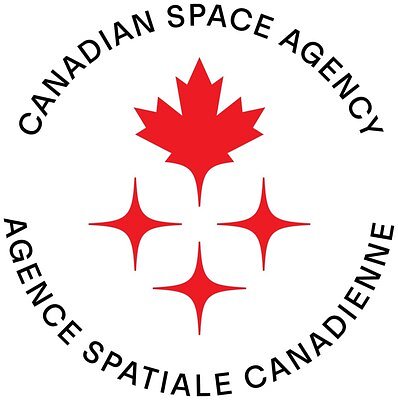
Space Medicine Advances Offer Terrestrial Benefits, Boost Canadian Innovation
A $2.2M investment in space health research is yielding innovations with direct applications for remote communities and chronic disease management, solidifying Canada’s leadership in the field.
Space Medicine Advances Offer Terrestrial Benefits, Boost Canadian Innovation
MONTREAL, QC – November 20, 2025 – The Canadian Space Agency (CSA) is extending its commitment to space medicine with a new $2.2 million investment in 16 research projects across 12 Canadian institutions. While focused on mitigating the health challenges of long-duration spaceflight, the research promises significant terrestrial benefits, ranging from improved chronic disease management to enhanced healthcare access for remote and Indigenous communities.
Bridging the Gap: Space Health & Terrestrial Medicine
The CSA's investment isn’t simply about keeping astronauts healthy; it's about leveraging the unique physiological stresses of space travel to unlock insights into conditions that plague millions on Earth. The extreme environment of space—weightlessness, radiation exposure, isolation—accelerates many of the same processes associated with aging and chronic diseases. “The human body responds to spaceflight in ways that mimic, and often amplify, the effects of conditions like osteoporosis, cardiovascular disease, and muscle atrophy,” explains a researcher involved with the project. “This allows us to study these conditions in a compressed timeframe and develop potential countermeasures.”
The research spans a wide range of disciplines, including cardiovascular health, bone density loss, immune function, and mental health. One notable project focuses on developing AI-powered diagnostic tools for early detection of cardiovascular problems – technology with clear applications for preventative care on Earth. Another explores the impact of prolonged isolation on mental well-being, informing strategies to support individuals experiencing social isolation or mental health challenges.
Canada’s Leadership in Autonomous Healthcare
This latest investment builds on Canada’s growing reputation as a leader in the field of space medicine, particularly in the development of autonomous healthcare solutions. “Canada has been strategically focusing on technologies that can provide medical care independent of Earth-based support,” notes an industry analyst. “This is crucial for deep space missions, but it also addresses a critical need in remote and underserved communities.”
The CSA's “Health Beyond Initiative” is driving the development of innovative technologies like portable diagnostic devices, remote monitoring systems, and AI-powered medical platforms. These technologies are being piloted in remote Canadian communities, offering the potential to improve healthcare access and outcomes for populations facing significant geographic and logistical challenges. “The goal is to create a toolkit of medical technologies that can be deployed anywhere, regardless of infrastructure or access to specialized medical personnel,” states a CSA spokesperson.
Addressing Healthcare Disparities in Remote Communities
The link between space medicine research and the needs of remote and Indigenous communities is a central theme of the CSA’s strategy. Communities located in the Canadian Arctic or other remote regions often face severe healthcare disparities, including limited access to doctors, hospitals, and medical equipment. The technologies being developed through space medicine research offer a potential solution to these challenges.
Several projects specifically target the development of telehealth platforms and remote monitoring systems that can be used to provide care to individuals in remote areas. These systems utilize satellite connectivity and AI-powered diagnostic tools to enable healthcare providers to remotely assess patients’ conditions, provide consultations, and monitor their progress. “The challenges of providing healthcare in space are remarkably similar to those faced by remote communities on Earth,” notes a physician working in a remote Canadian community. “The need for portable, reliable, and autonomous medical technologies is paramount.”
One innovative project involves the development of a “medical capsule” – a self-contained unit equipped with diagnostic tools, communication equipment, and emergency medical supplies – that can be deployed to remote communities. This capsule would allow healthcare providers to deliver a wide range of medical services, from routine checkups to emergency care, independent of traditional healthcare infrastructure. Another project focuses on the development of AI-powered imaging platforms that can be used to remotely diagnose medical conditions, such as pneumonia or fractures. These platforms would allow healthcare providers to quickly and accurately assess patients’ conditions, even in the absence of specialized medical expertise.
Canada’s commitment to space medicine is not simply about advancing scientific knowledge; it’s about creating tangible benefits for Canadians – both those who venture into space and those who call Earth home. The latest investment in research is a testament to the country’s leadership in this field, and its commitment to using innovation to improve the health and well-being of all citizens.
